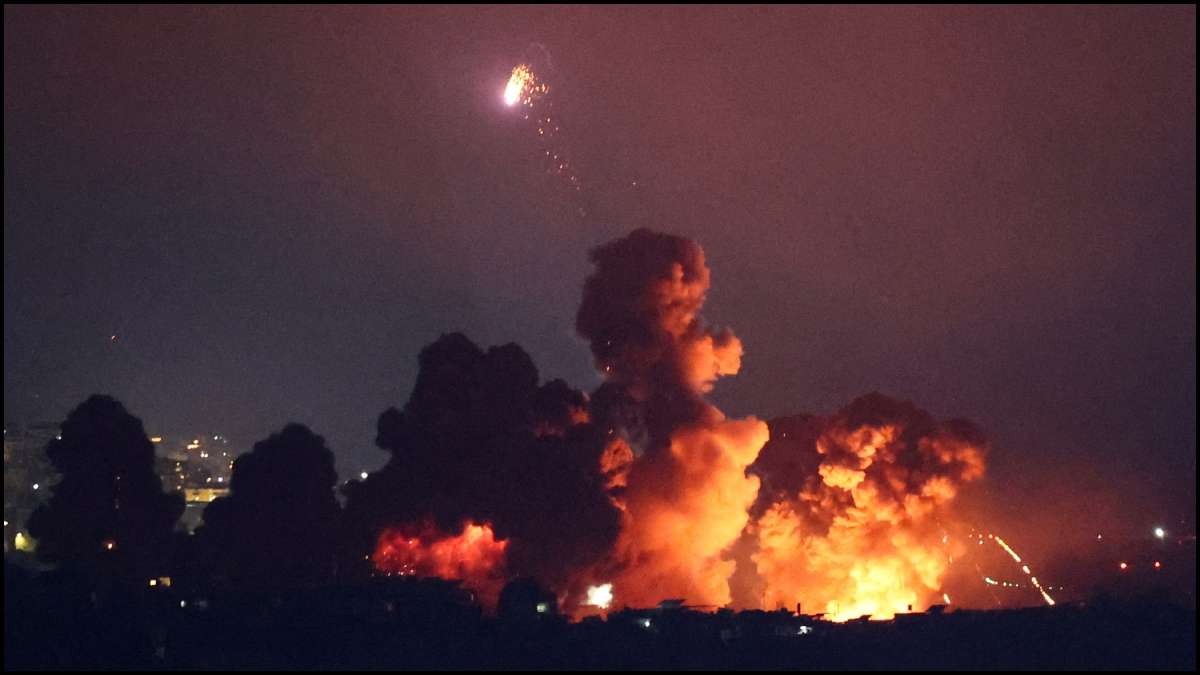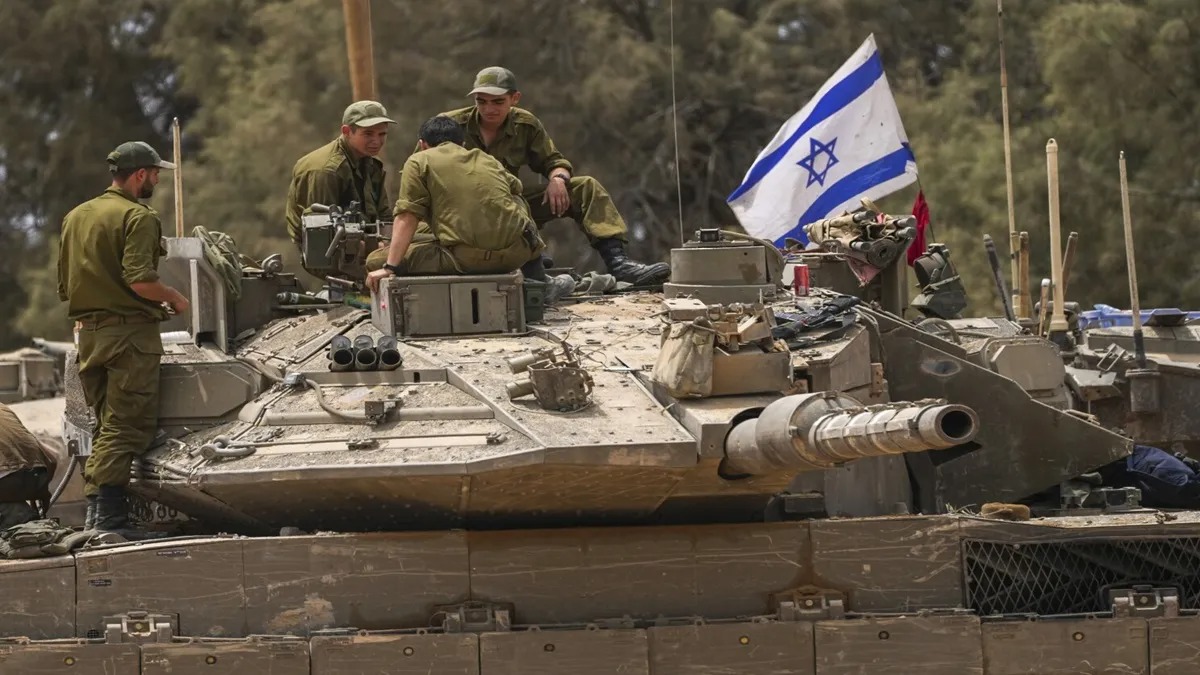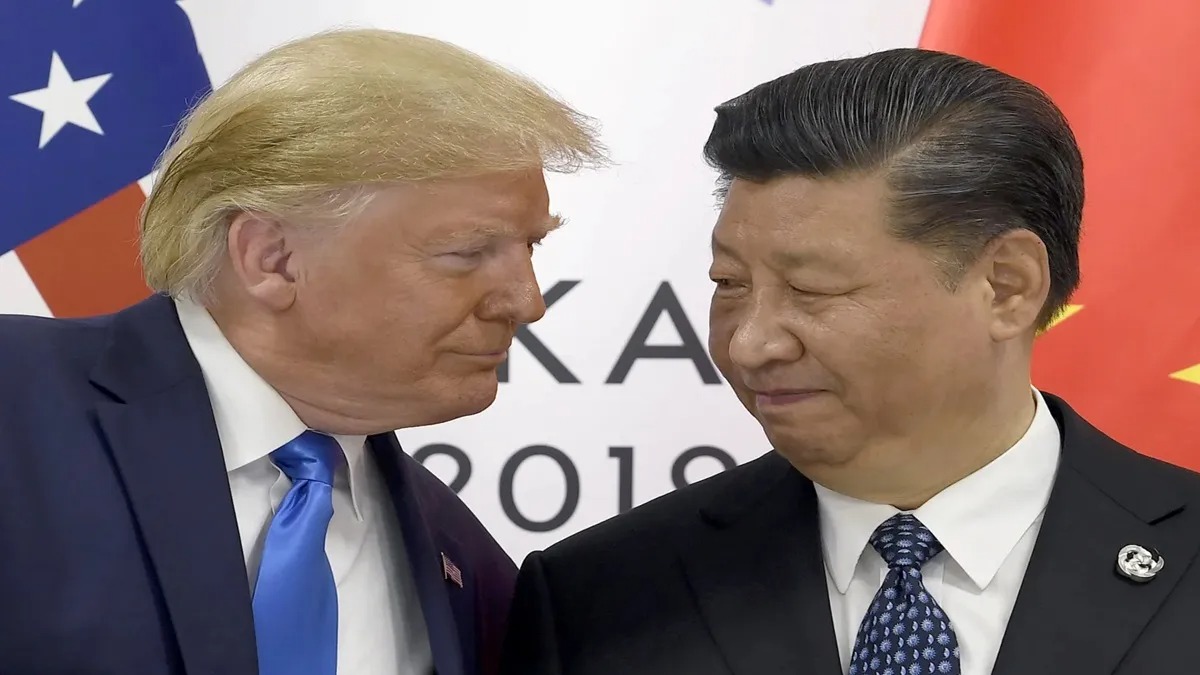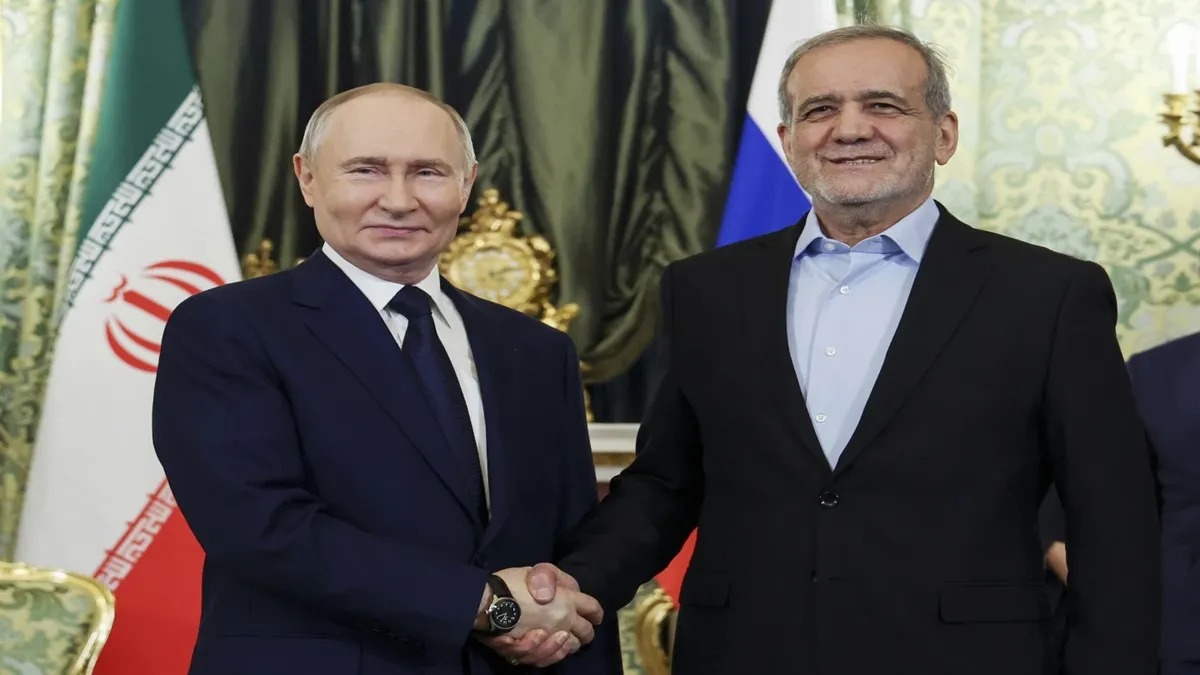
International: The Israel Defence Forces (IDF) on Friday said it had eliminated Mohammad Rashid Sakafi, the commander of Hezbollah’s Communications Unit, during a precise, intelligence-based strike in Beirut on Thursday. This came as Beirut's southern suburb of Dahiyeh, a stronghold of the Iran-backed Hezbollah, came under renewed strikes near midnight on Thursday after Israel ordered people to leave their homes in some areas.
The air raids targeted Hezbollah official Hashem Safieddine, rumoured successor to its assassinated leader Hassan Nasrallah, in an underground bunker, Axios reporter Barak Ravid said on X. Safieddine's fate was not clear, he said. IDF had said in a statement that soldiers backed by aircraft had "eliminated terrorists and dismantled terrorist infrastructure through precision-guided munitions and close-range engagements" in several southern Lebanese areas.
Who was Mohd Rashid Sakafi?
"Mohammad Rashid Sakafi, the Commander of Hezbollah’s Communications Unit, during a precise, intelligence-based strike in Beirut yesterday," said the military on Friday. The IDF said Sakafi was a senior Hezbollah terrorist, who was responsible for the communications unit since 2000. He had invested significant efforts to develop communication capabilities between all of Hezbollah's units.
The IDF has also conducted raids in southern Lebanon, which led to the discovery and seizure of weapons, including rocket launcher munitions, anti-tank missiles, and rockets. Huge explosions shook the sky in the vicinity of Beirut's main airport in the early hours of Friday, and Lebanese civilians said they were living in constant fear.
Iran Supreme Leader's message to Israel
In a rare Friday address, Iran's Supreme Leader Ayatollah Ali Khamenei said all Muslim countries had a common enemy and that Tehran and its regional allies will not back down from Israel after an Israeli attack on Beirut targeted Safieddine on Thursday. "The resistance in the region will not back down even with the killing of its leaders," Khamenei said.
Iran raised the stakes when it fired missiles at Israel on Tuesday after its arch-foe assassinated Hezbollah secretary general Hassan Nasrallah, a towering figure who turned the group into Lebanon's most powerful military and political force with reach across the Middle East. Israel has vowed to respond.
US President Joe Biden suggested on Thursday Israel's response to Iran's missile salvo, which it fended off with its extensive defences, could include a strike on Iran's oil facilities. He said he did not believe there is going to be an "all-out war" in the Middle East, as Israel weighs options for retaliation, but that more needed to be done to prevent one.
--Advertisement--

 Desk
Desk Share
Share






